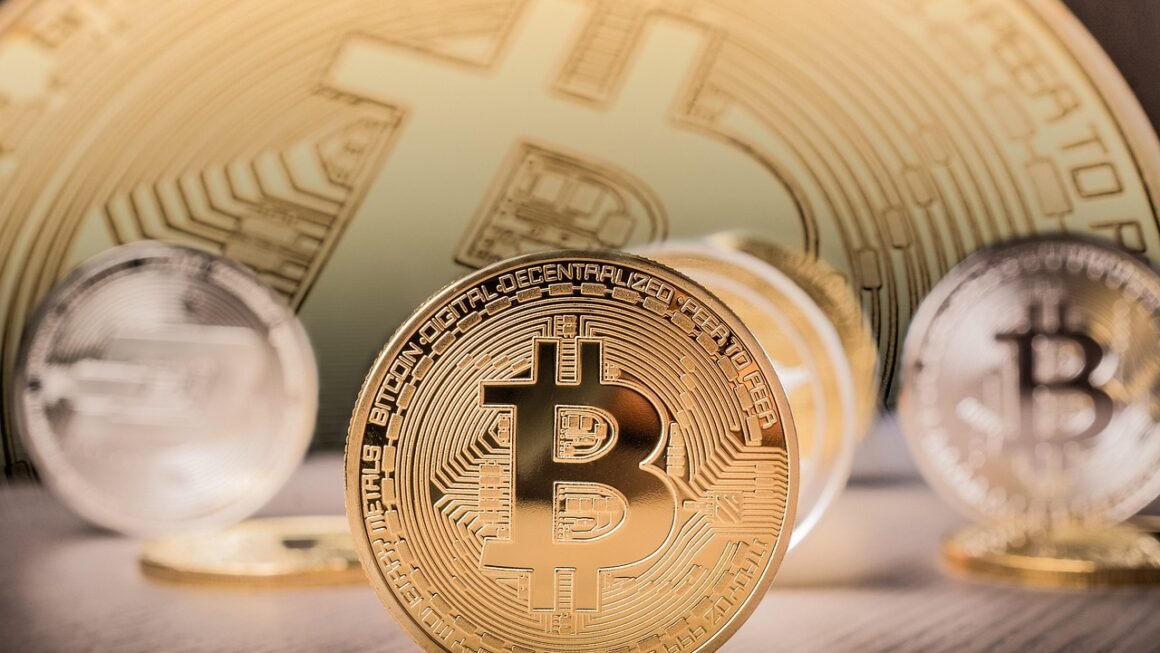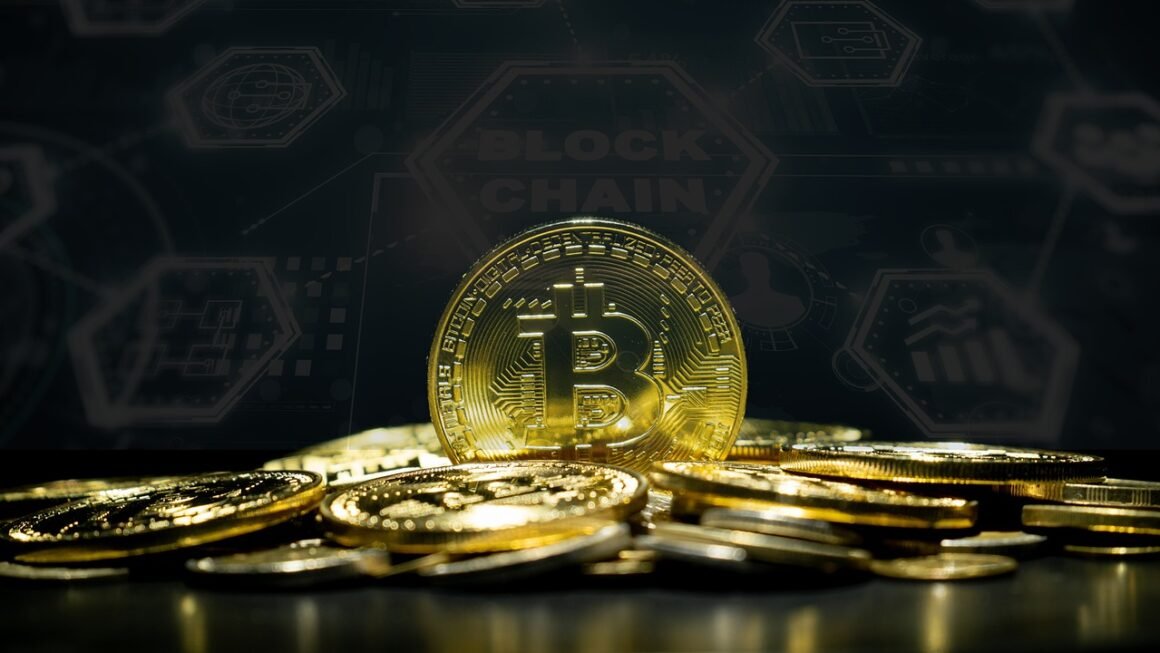Governance tokens: the power to shape the future of decentralized projects is now in your hands. These digital assets aren’t just another cryptocurrency; they’re keys to participation, influence, and the very direction of blockchain-based ecosystems. Let’s dive into understanding what governance tokens are, how they work, and their impact on the world of decentralized finance (DeFi) and beyond.
Understanding Governance Tokens
Governance tokens are a type of cryptocurrency that allows holders to participate in the decision-making processes of a decentralized project or protocol. Owning these tokens grants voting rights, enabling token holders to propose, discuss, and vote on changes to the platform. This mechanism promotes decentralization, shifting power away from a central authority and distributing it amongst the community.
What Problems Do Governance Tokens Solve?
Before governance tokens, most blockchain projects were governed by a core team of developers. This centralized approach, while efficient, presented some key challenges:
- Centralization Risk: All power resided with a small group, creating a single point of failure and potential for bias.
- Lack of Transparency: Decision-making processes were often opaque, leaving the community in the dark.
- Limited Community Input: Users had little to no say in the future direction of the project, leading to potential dissatisfaction.
- Scalability Issues: As projects grew, centralized governance models struggled to effectively manage community feedback and diverse opinions.
Governance tokens address these issues by empowering the community and fostering a more democratic and transparent environment.
How Do Governance Tokens Work?
The mechanics of governance can vary from project to project, but the general process is as follows:
Examples of Governance Token Use Cases
Here are some real-world examples of how governance tokens are used in practice:
- MakerDAO (MKR): MKR holders govern the Maker Protocol, which issues the DAI stablecoin. They vote on stability fees, collateral types, and other parameters crucial to the stability and functionality of the DAI ecosystem.
- Compound (COMP): COMP token holders control key aspects of the Compound lending protocol, including the addition of new assets, adjustment of interest rate models, and the allocation of COMP rewards.
- Uniswap (UNI): UNI holders govern the Uniswap decentralized exchange, deciding on things like protocol upgrades, fee structures, and treasury management.
- Aave (AAVE): AAVE governance allows AAVE holders to decide on adding new assets to the platform, adjusting lending parameters, and managing the Aave Ecosystem Reserve.
Benefits of Governance Token Ownership
Holding governance tokens can offer several advantages, both for individuals and the broader project ecosystem.
Community Empowerment
- Direct Influence: Token holders gain a direct voice in the decision-making process, shaping the future of the project.
- Increased Engagement: Governance encourages active participation in the community and promotes a sense of ownership.
- Decentralization: Distributes power away from central authorities, fostering a more democratic environment.
Potential Financial Upside
- Value Appreciation: As the project grows and gains adoption, the value of the governance token may increase.
- Yield Farming and Staking: Some projects offer rewards for staking or participating in governance, providing additional income streams.
- Participation in Future Growth: Decisions made through governance can positively impact the long-term success and profitability of the project.
Improved Project Sustainability
- Community Alignment: Governance ensures that the project evolves in a way that aligns with the needs and desires of its community.
- Greater Transparency: Open decision-making processes build trust and foster a more transparent environment.
- Enhanced Security: Governance can be used to implement security upgrades and protect the protocol from attacks.
Challenges and Considerations
While governance tokens offer numerous benefits, it’s important to be aware of the potential challenges:
Low Participation Rates
- A significant portion of token holders may not actively participate in governance, leading to decisions being made by a small group.
- Incentivizing participation through rewards and simplified voting processes can help address this issue.
Whale Domination
- Holders of large amounts of governance tokens (whales) can exert disproportionate influence on voting outcomes.
- Mechanisms like quadratic voting, which limit the impact of large token holdings, can help mitigate this problem.
Governance Attacks
- Malicious actors could attempt to acquire enough governance tokens to manipulate voting outcomes for their own benefit.
- Implementing security measures like time-locked proposals and vesting schedules can help prevent these attacks.
Lack of Expertise
- Token holders may not always have the technical expertise necessary to make informed decisions about complex protocol changes.
- Providing educational resources and expert guidance can help address this knowledge gap.
How to Get Involved in Governance
Participating in governance is generally straightforward. Here’s a step-by-step guide:
Conclusion
Governance tokens represent a significant step towards decentralized and community-driven project management. While challenges exist, the benefits of community empowerment, potential financial upside, and improved project sustainability make governance tokens a powerful tool for shaping the future of blockchain technology. By understanding the mechanics, benefits, and challenges of governance tokens, you can actively participate in shaping the future of the decentralized world.



